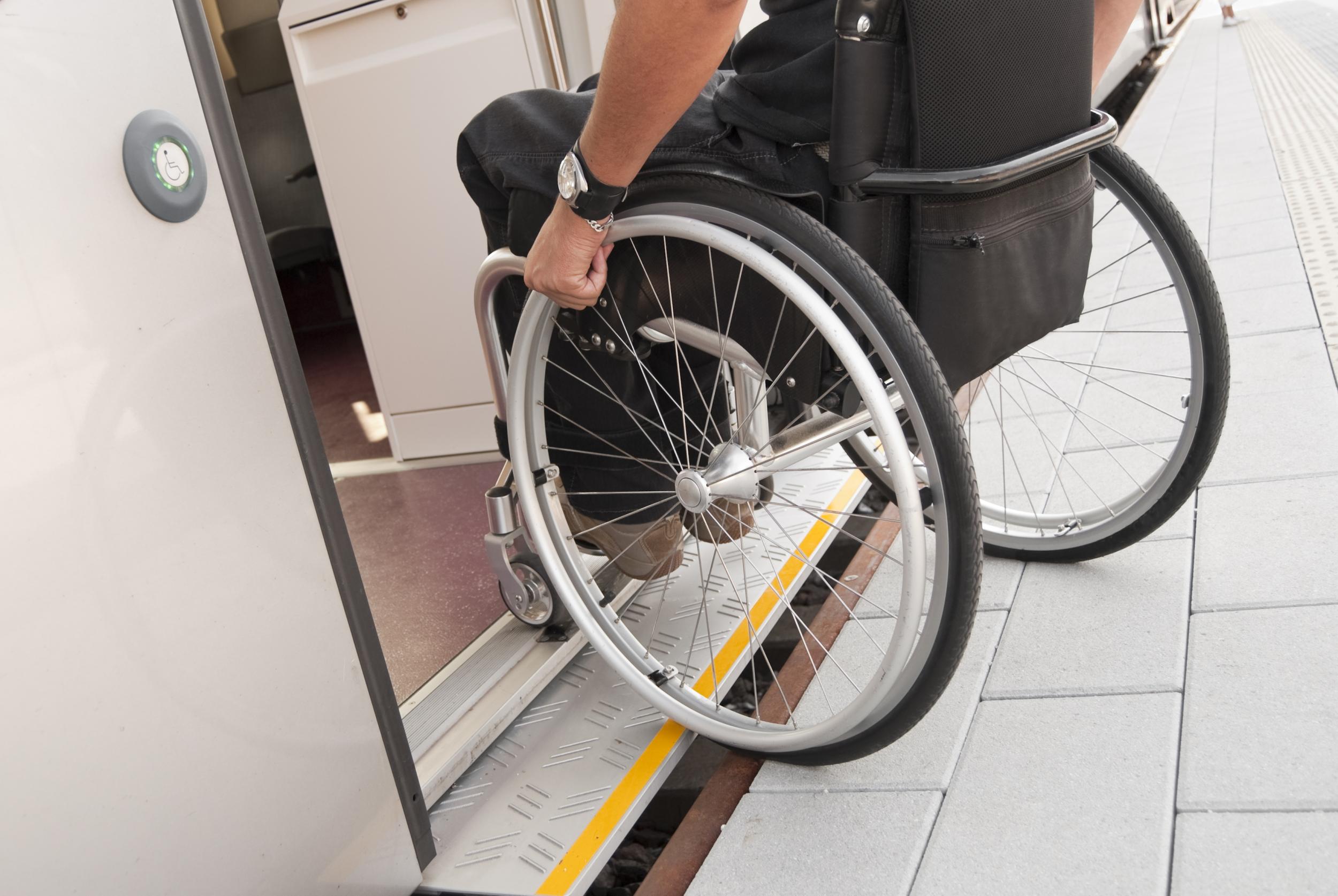Violent hate crime against disabled has risen by 41 per cent in the last year, figures suggest
Offences with online element have also gone up, charity finds

Your support helps us to tell the story
From reproductive rights to climate change to Big Tech, The Independent is on the ground when the story is developing. Whether it's investigating the financials of Elon Musk's pro-Trump PAC or producing our latest documentary, 'The A Word', which shines a light on the American women fighting for reproductive rights, we know how important it is to parse out the facts from the messaging.
At such a critical moment in US history, we need reporters on the ground. Your donation allows us to keep sending journalists to speak to both sides of the story.
The Independent is trusted by Americans across the entire political spectrum. And unlike many other quality news outlets, we choose not to lock Americans out of our reporting and analysis with paywalls. We believe quality journalism should be available to everyone, paid for by those who can afford it.
Your support makes all the difference.Disability hate crime involving violence has risen by 41 per cent in the last year, figures suggest.
Offences with an online element have also gone up by 71 per cent, data obtained under the Freedom of Information Act showed.
The Leonard Cheshire charity sent requests to all 43 police forces in England and Wales, and the full responses from 25 forces showed there were 5,015 offences of disability hate crime recorded by police in 2018-19 compared to 4,111 the previous year – a rise of 22 per cent.
In 2017-18 the figures showed 1,805 of these offences had involved violence, rising to 2,538 in 2018-19.
Twenty-three of the forces were able to provide data to show how many had involved an online element. There were 201 offences in 2017-18 compared to 344 in 2018-19.
Significantly, the number of cases that resulted in charges or a summons had dropped, the charity said.
In 2017-18 there were 330 of these cases were pursued – eight per cent of the total – but this dropped 293 in 2018-19, six per cent of the total.
Neil Heslop, the charity's chief executive, said: "Hate crime against disabled people is significantly up with worrying increases in violent offences. Low prosecution levels are unacceptable and disabled people will feel a sense of injustice.
"Government and police forces must overcome barriers to successful case outcomes for survivors and perpetrators must be brought to account."
Assistant Chief Constable Mark Hamilton, the National Police Chiefs' Council lead for hate crime, said: "People should be able to live their lives and work free of harassment and fear.
"There can never be any excuse for hate crime, or serious threats of violence against people in any shape or form, and these will not be tolerated. Police-recorded hate crime has increased in recent years. This is in part due to improvements in police recording, as well as spikes in hate crime following certain events such as the EU referendum and the terrorist attacks of 2017.
"There is a responsibility on us all to think carefully and be temperate in how we communicate to each other. We will continue to work to bring offenders to justice and to protect our communities from abuse.”
A Home Office spokesman said: "We are committed to tackling hate crime in all of its forms - including abuse of disabled people. We welcome the fact that more victims are having the confidence to come forward and report this despicable abuse, and it's vital that their cases are properly investigated."
Press Association